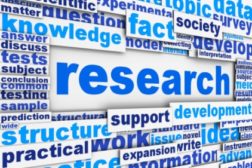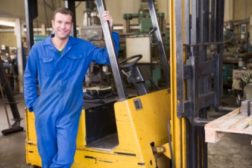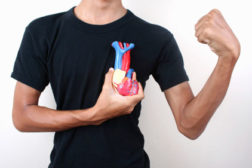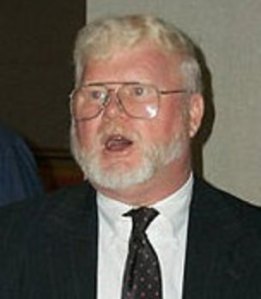Home » psychology
Articles Tagged with ''psychology''
-In psychology
Analysis “challenges cultural stereotypes,” says author
Read More
Accentuate the positive
Sounds good, but companies just aren’t that interested in compassion and curiosity
February 22, 2013
In certain jobs, supervisor support can reduce absenteeism
Work hazards usually not to blame for employees missing work, research shows
March 24, 2012
There's no crying in baseball...but is crying in college football ok?
New research on men and emotion yields surprising results
October 10, 2011
Become a Leader in Safety Culture
Build your knowledge with ISHN, covering key safety, health and industrial hygiene news, products, and trends.
JOIN TODAYCopyright ©2025. All Rights Reserved BNP Media.
Design, CMS, Hosting & Web Development :: ePublishing








